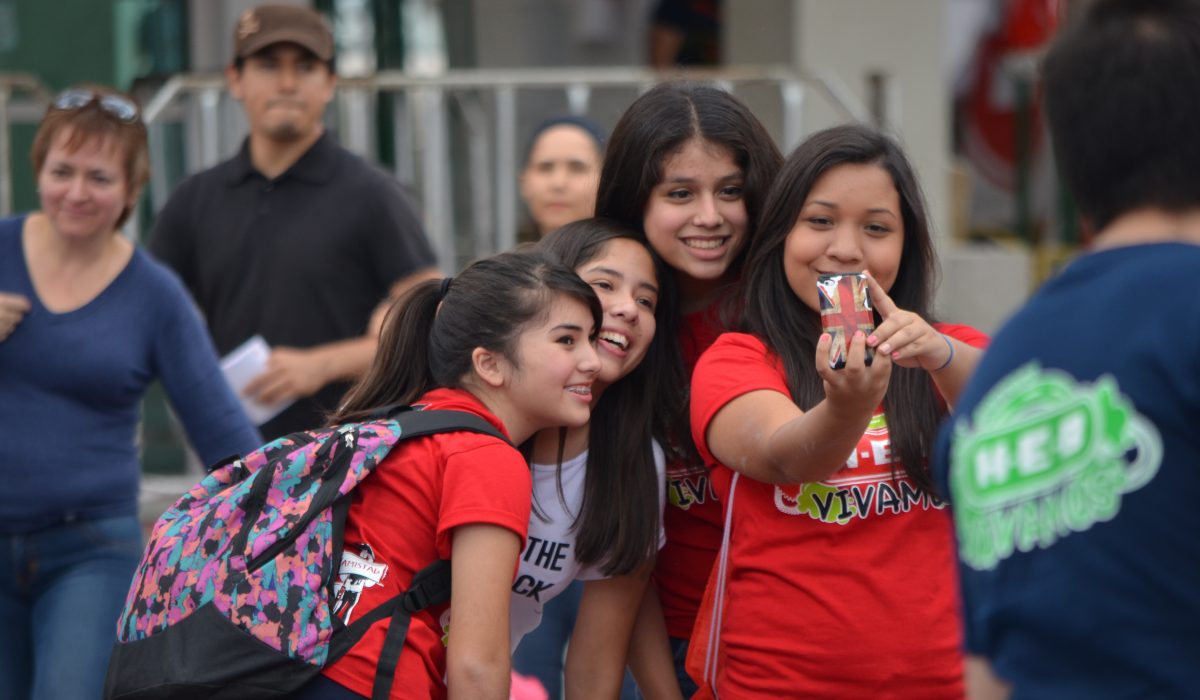To guide the process of working with stakeholders we have developed resources covering the following areas: Using evidence to inform policy-making; Examples of good practice from country partners; Presenting findings to children; and Communication tools.
Using evidence to inform policy-making
The use of research findings for policy-making is a complex and dynamic two-way process that is influenced by a number of factors, such as political context, quality and relevance of the research evidence, links between relevant stakeholders, and external influences, such as economic or cultural factors.
To help navigate this complex terrain we have created several practical resources to guide researchers in using research evidence to inform policies.
Tools included:
-
- From research findings to policy-making method guide: this examines the relationship between research and policy in the area of children and the internet, and supports researchers to frame their objectives and findings in ways that (directly or indirectly) support policy development processes that affect children.
- Writing a successful policy brief: a practical guide with step-by-step support.
- Recognising online hurtful behaviour among peers: a short research paper summarising research findings to inform current policy and practice.
Examples of good practice from country partners
We have collated selected country examples that demonstrate some of the knowledge exchange and impact efforts that the Global Kids Online partners have undertaken when working with key stakeholders. Each is designed to illustrate one or more issues that may arise in seeking to ensure research findings contribute to wider benefits for society.
Each example follows a similar structure: country context and specific issues that researchers and practitioners wish to address; strategies developed by country partners to tackle the issues; specific steps taken and the challenges they faced; and remaining gaps and areas for future work.
Tools included:
-
- Argentina: a multi-stakeholder approach to promoting digital citizenship and literacy
- Brazil: building strategic partnerships among stakeholders
- Bulgaria: an evidence-informed approach to promoting digital literacy
- Montenegro: a participatory approach in promoting digital literacy
- The Philippines: multi-stakeholder collaboration for social change
- South Africa: using new evidence to influence policy and attitudes
Presenting findings to children
The Global Kids Online toolkit invites researchers and research users to adopt a child-centred approach that sees children as rights-holders and citizens, able to actively shape the online domain and to exercise agency in the digital environment. This includes taking a participatory approach to involving children throughout the research process, including when communicating study findings, as they are key stakeholders.
To facilitate this process, we have developed resources that present the country findings in a child-friendly manner.
Tools included:
-
- Worksheet The Internet & You: This short document provides a child-friendly means of giving children feedback on the research findings and a chance to debate these with their parents or teachers. We have also created a blank template for countries to complete with their own findings.
- Animation film Presenting research findings to children: this illustrates how a researcher can communicate findings to child audiences. It can be used as a resource to show to children for educational purposes, and can be adapted in different languages with subtitles or a new voiceover. A version without a voiceover can be accessed and the film script can be downloaded here.
Communication tools
Communicating research findings efficiently requires a communications strategy. This includes a carefully planned communication process with several steps, such as setting objectives; developing messages; targeting audiences; choosing channels; planning activities; allocating resources; and measuring success.
When planning your communications strategy, numerous channels can be considered, such as organising events; media outputs and relations; different types of publications aimed at key stakeholder groups (e.g. professional audiences, government institutions, educators and practitioners, parents and children); social media outputs; and website content.
We have collated examples of different formats and channels that Global Kids Online has used to communicate its findings.
Tools included:
- GKO research toolkit launch package: includes a media coverage plan, web story/ press release, social media materials, a promotional video, an executive summary of pilot findings, and a blog post.
- Project flyer: this summarises the project and research tools and can be used for wide promotion of the research. Download the project flyer.
- Blog posts and research updates: GKO uses regular news updates to communicate research updates and draw attention to the project outputs. These are available at globalkidsonline.net/updates. Some examples of blog posts used to communicate our research are: Challenges of parental responsibility in the digital age; How do children use the internet?; Piloting a research toolkit on child internet use in rural South Africa; The internet of opportunities: what children say.
- Tracking user engagement: an example of using Google analytics to track how Global Kids Online users engage with the online content.
Further resources:
Planning and monitoring impact
Anyone may use the resources under the Attributive Non-Commercial Creative Commons License (CC BY-NC) crediting Global Kids Online as the source.








